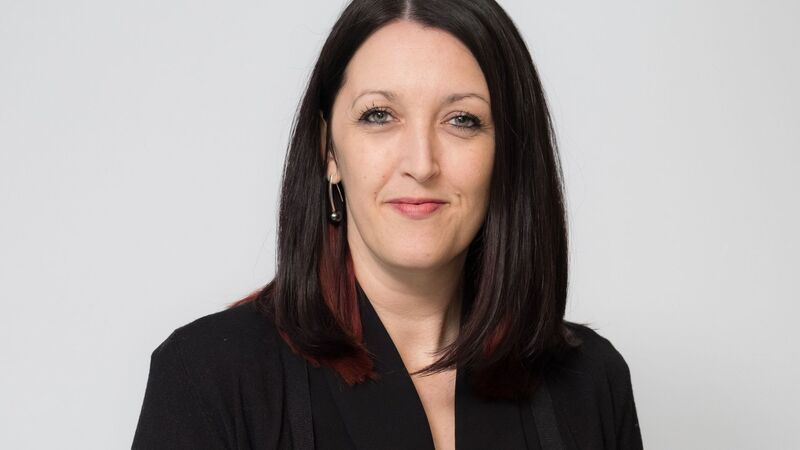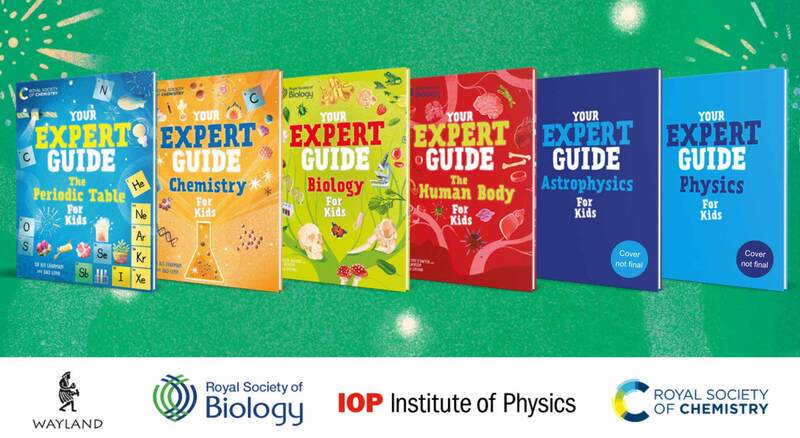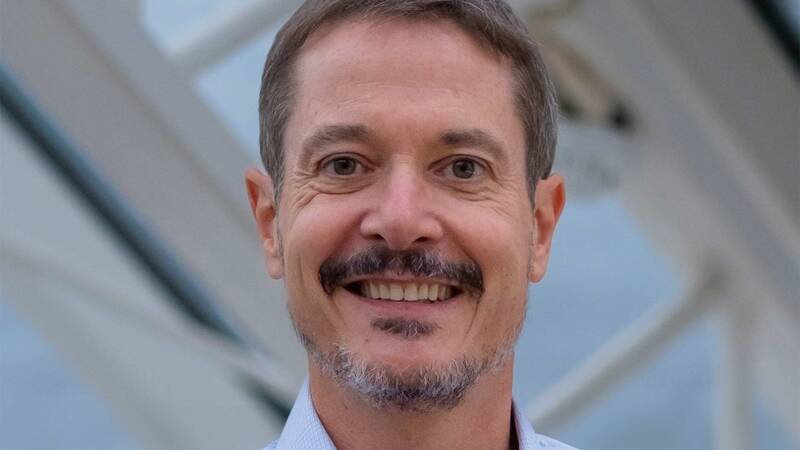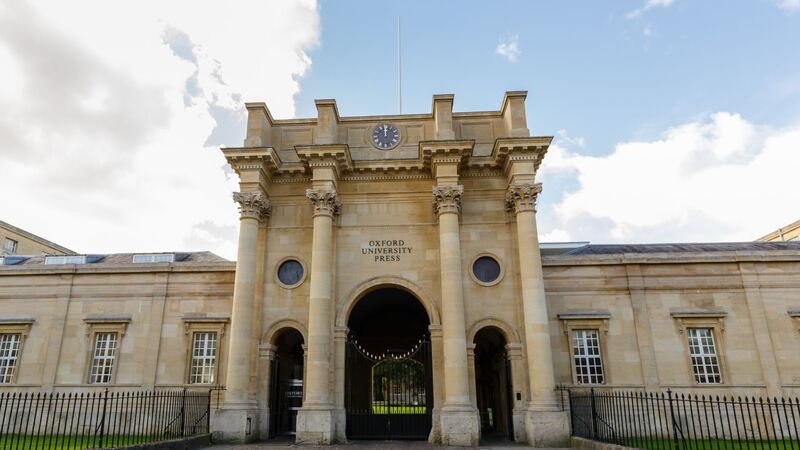You are viewing your 1 free article this month. Login to read more articles.
Interview: Mandy Hill
Mandy Hill, Cambridge University Press’ managing director of Academic Publishing, is not afraid to make use of a word rarely employed in public discourse about the publishing house: “profitability”.
The Press enjoys charitable status, with a mission to further scholarship, education and research, and its annual report charts the “surplus” from its publishing activities rather than reporting profit and loss.
Mandy Hill, Cambridge University Press’ managing director of Academic Publishing, is not afraid to make use of a word rarely employed in public discourse about the publishing house: “profitability”.
The Press enjoys charitable status, with a mission to further scholarship, education and research, and its annual report charts the “surplus” from its publishing activities rather than reporting profit and loss.
But Hill, who joined CUP last September, succeeding Richard Fisher, says there is no need to shy award from the “p” word. “We are a department of the university, we are mission-driven, and that is front and central of what we do,” she says. “Historically that has meant that profit has not been a focus for us, and for a long time that has been absolutely fine. But increasingly, as we need to innovate and develop the business, we need the money to do that. We need the profitability.”
Innovation is a priority: Hill says it is “no secret” that the press is playing catch-up with its competitors in some areas of its digital development. That, and its ability to operate globally, were the two biggest issues facing her when she came into the role, she says. “We are a very broad publisher, a very old publisher across books and journals, with huge strengths, but I don’t think I’m saying anything untoward to say that we are fairly traditional in what we’ve been doing. The biggest challenge is shifting the focus of our business to be more digital and global, to think increasingly about the needs of our market—both authors and readers—and ensure we are set up to service those needs rather than thinking in an inward-looking way,” Hill explains.
A consultancy team has been in, reviewing the publisher’s workflows in monograph and journals publishing, to check they are geared up for digital publishing, with “some very specific goals around improving author experience, improving efficiency”. Hill wants authors to get the
same message from all areas of the workflow: “It might not sound terribly revolutionary, but it’s about making sure that the author doesn’t hear one thing at the start of the chain, a different thing midway [through] and a third thing at the end; that we know what we want from the author and we are telling them that. It’s fundamental.”
The breakdown
Hill is also looking to support CUP’s authors in terms of writing content for a digital environment. “If increasingly the landing point for a reader is chapter 13 instead of chapter one, what does it mean if they haven’t read chapters one to 12? There are lots of ways we can help authors to help readers get more from their content, because readers aren’t reading from start to finish. If you use Google, or any other search engine of your choice, you just land on that piece of content and it can be at quite a granular level.”
Emphasising the user-centred approach, CUP’s market research has provided it with a series of personas who embody their readership groups—including Rachel the Researcher, Lynn the Librarian and Arturo the Author. “It makes it very real for us,” Hill says. “We think: ‘What does Rachel need in this situation? Would Rachel care about that?’”
This user focus is causing the press to revisit the focus of its output. “Is CUP still going to be publishing across a broad range of areas and across monograph and reference? Of course we are, it’s just [a case of ] looking at what that balance is for us, the product mix, what’s right for the subject area. Rather than it being, ‘Cambridge University Press does X’, it’s ‘this subject area needs this [particular product], we will support this’.”
As a result, there will be “some change in our digital portfolio”, Hill says, but she is not ready to reveal precise details just yet. “We obviously have some really good digital products, our journals are online, many of our frontlist books are online. It’s that next level of sophistication that some of our competitors are ahead of us on: the interconnectedness of content, the accessibility.”
Different perspective
And the new emphasis is also likely to see CUP make some changes in its publishing focus, though Hill adds that she is not yet at a point to finalise those decisions. “It’s not meaning we are suddenly going to pull out of areas that are still key areas of research, we are just looking with a slightly different lens at what we do and why we do it. There will be individual projects we believe in that maybe don’t generate profits, but they will need to be counterbalanced with others that do.”
This is followed by a fairly heavy hint: “An example would be, if we are thinking about the global market, clearly Scientific, Technical & Medical (STM) is an area of growth and where much research funding is, so we might well say that there would be more focus on STM than there has been historically. We are still very committed to humanities and social sciences—it’s not that we are pulling out—but there might be just a slight shift in emphasis there to reflect where the research funding is and the global demand is. But when we’ve got leading lists like our classics lists, clearly those are going to continue to be incredibly important for us.”
CUP has just shifted its regional hub in Asia from Singapore to Beijing, in recognition that while Asia generally is a growth market, China is the place with the biggest growth potential. Meanwhile, it emerged last month that the press is cutting staffing levels in its New York office, which will now cater specifically for the North America operations, while CUP’s presence and investment in Mexico, Turkey and the Middle East will grow.
Hill says her priority is “how we can ensure we are pulling together as a global team and getting the most out of our rich global environment and the great teams we have around the world.” The important China market is changing very quickly, she says, and it’s essential to have a team that is close enough to understand its specific needs: “I’ve been going to China for five years now, and even in the past year the conversations we’re having with librarians have changed enormously. Historically, budget has not been an issue for them, but suddenly in the past couple of years budget has been much tighter,and they are more careful in their buying habits. A younger generation of librarians is coming in and thinking much more about digital.”
Open for business
One of the first announcements that was made after Hill joined CUP was the creation of a specific Open Access unit to give the publisher more energy and focus in the area, with Matthew Day appointed as head of open and data publishing. At the London Book Fair earlier this year, CUP announced a move into Gold OA monograph publishing, on top of its journals publishing. Its policies on OA are displayed on its website and Hill says transparency in the area is vital.
“My goal is that, if we’re talking about OA, how can we not just tell people exactly what they’ve asked, but be more transparent, more open, to help develop informed conversations and informed debate. It’s absolutely key to what we want to do, whether that’s talking about charges, double dipping or making it very clear that our Open Access journals are high quality and that this isn’t a way for us to make lots of money, it’s about a right business model and approach for a journal in a given field.”
Double dipping (when publishers receive money twice because journal subscriptions are still paid by the universities, yet the authors pay for Open Access publication) is an especially thorny issue for academics who are critical of publishers. “Our fundamental policy is, we don’t double dip,” states Hill. “The intricacies of that are quite intense: how you define it, what gets included and what not. We’re looking at how we can make that transparent. I’ve just been in China—I know Oxford [University Press] doesn’t double dip [Hill worked at OUP before her current role], but I was being told by Chinese librarians: ‘Of course Oxford double dip.’ I found myself defending them! It’s getting that [message] out to people.”
In a global environment there remain plenty of challenges on OA. The UK is favouring the Gold OA model (where payment for publishing is made up front through article processing charges), but much of the world is favouring Green (without article processing charges, but with an embargo period before the content becomes fully open). “Every country—and within each country, every field—is taking a different route. Think about a journal article: quite often it’s written in collaboration between people in different fields, from different institutions and countries. So whose policy do they follow? Who is paying for it? It’s not insurmountable . . . we are having those conversations with institutions and funders.”
But Hill is critical of the Green model. “Obviously as a university press we want our content to be widely available. But if the embargoes are wrong, it will undermine publishing sustainability. Conversations have come a long way and there is more understanding, but it is still an ongoing debate . . .“[Meanwhile] librarians want their institutional repositories [online archives within which to store research articles digitally]. I look at this sometimes and think: ‘But we’re just repeating. Isn’t the whole benefit of the web that you don’t need multiple copies?’The goal is to control content, and I get that lack of trust. There is a piece of work for publishers to do to try to build that trust again so that people don’t feel the need to control.”
She adds: “Of course, we are all going through a transition— librarians, like publishers, are in a new digital world. What is their role? What can and should our new relationship be? I don’t have the answers.”














